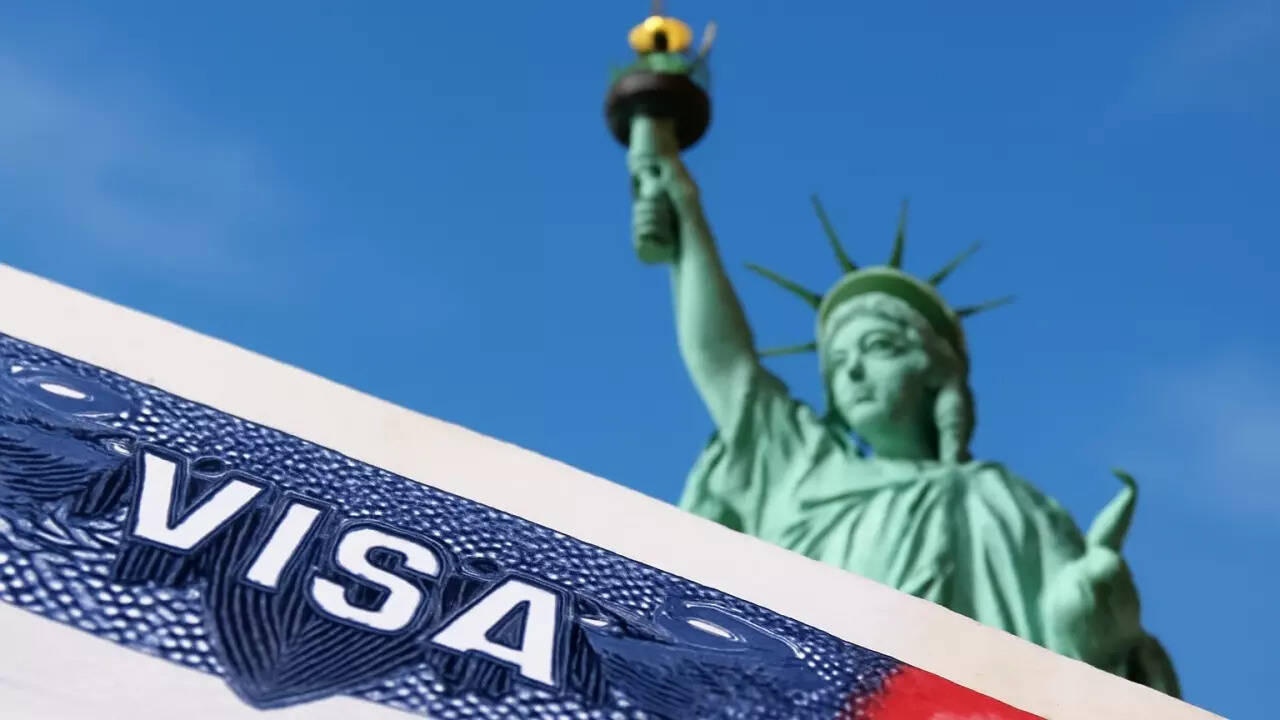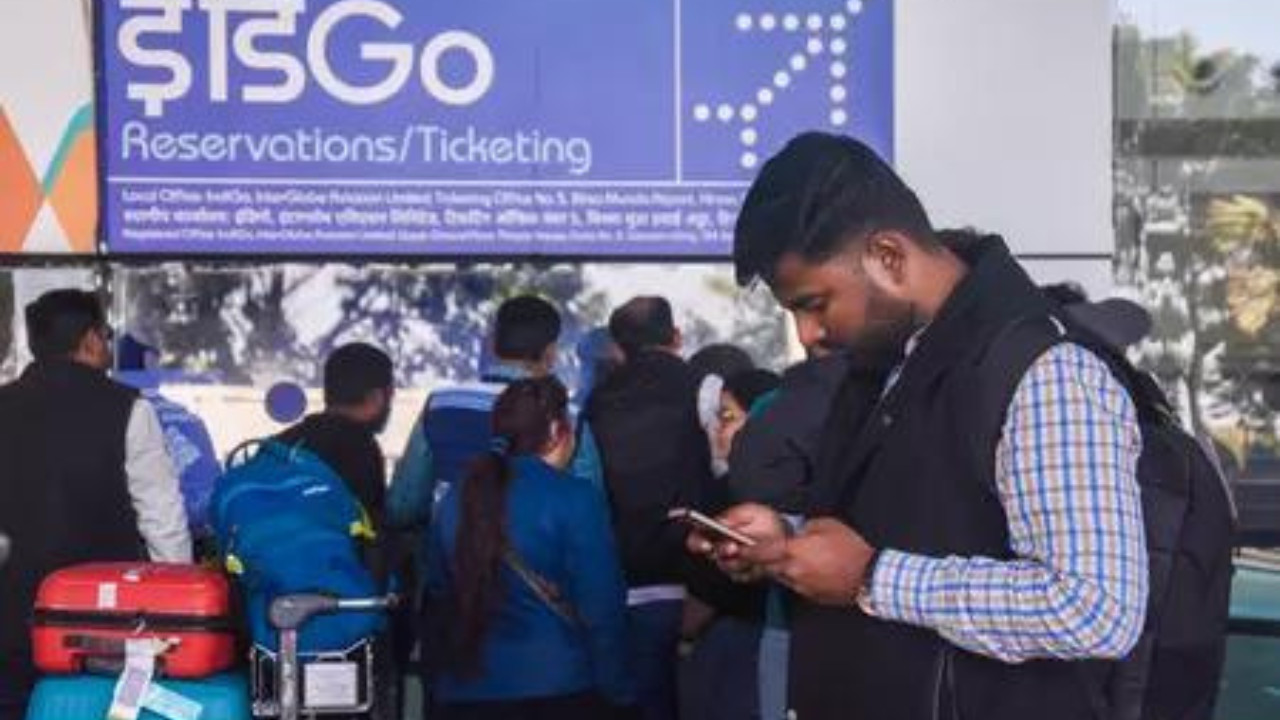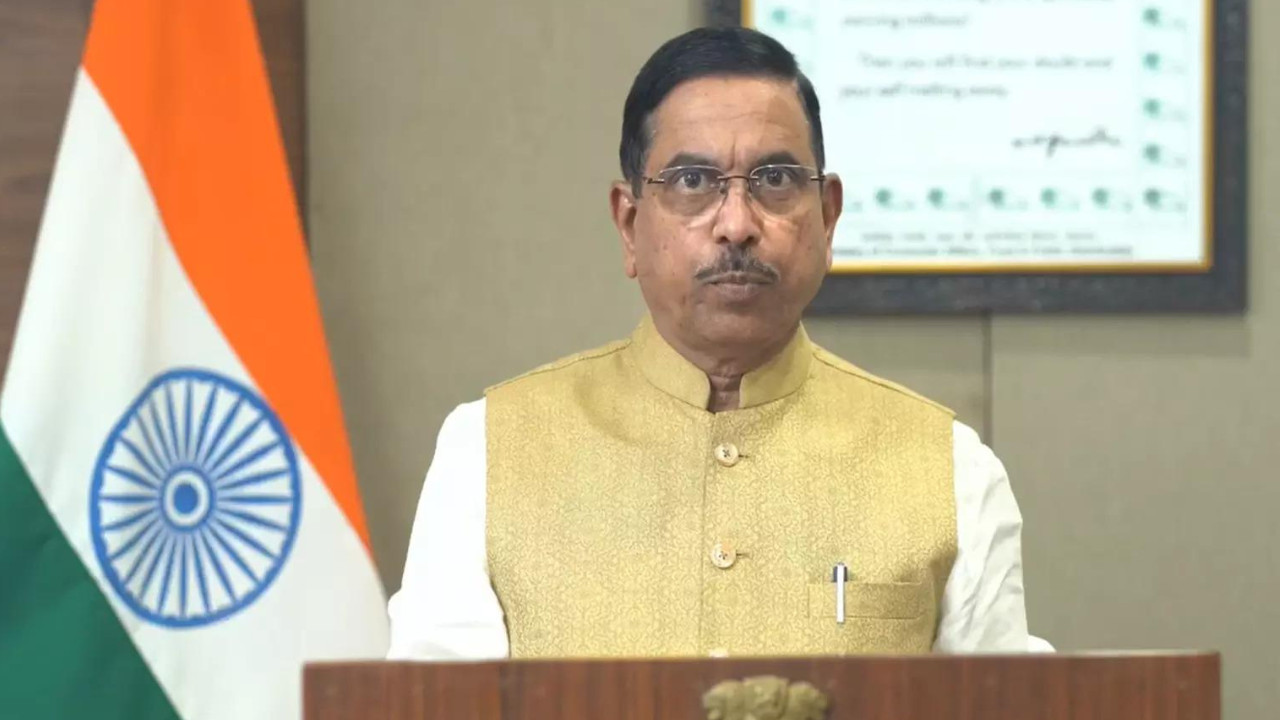The Donald Trump administration is reviving a policy requiring visitors from countries with high visa overstay rates to pay bonds up to $15,000 for B-1 and B-2 visas. This year-long pilot program aims to ensure visitors depart on time.
Is the US Border About to Get More Expensive? Here’s What You Need to Know.
The United States, a land often associated with opportunity and open doors, may soon be implementing a policy that could make entry significantly more costly for certain travelers. The Trump administration, in its waning days, proposed a rule that would allow immigration officials to require some visitors to post a hefty bond – potentially up to $15,000 – before being allowed into the country. Let’s unpack what this could mean for business travelers and tourists alike.
Who Might Need to Pay a Bond?
This isn’t a blanket policy applying to everyone seeking to enter the US. Instead, it targets individuals from countries with historically high overstay rates. Think of it as a preventative measure, aimed at reducing the number of people who enter the US legally but then fail to leave when their visas expire. The countries in question, primarily from Africa, Asia, and the Middle East, have a track record of citizens exceeding their permitted stay in the US, prompting officials to consider this stringent measure.

The bond itself is designed to be a financial incentive to ensure compliance with visa regulations. If a traveler complies with the terms of their visa and departs the US on time, the bond would be returned. However, if they overstay, the bond would be forfeited.
Why This Sudden Shift in Visa Policy?
The official justification is to address the persistent problem of visa overstays. The government argues that these overstays contribute to illegal immigration and strain the country’s resources. By requiring a bond, they hope to deter individuals from violating their visa terms and ensure that those who do are financially accountable.
However, critics argue that this measure is discriminatory and unfairly targets individuals from specific countries, creating additional barriers to entry for legitimate travelers. The policy is likely to disproportionately affect those who may not have the financial means to afford such a large bond, effectively barring them from visiting the US for business or tourism.
The Potential Impact on Business and Tourism
The implications of this new rule could be far-reaching. For businesses that rely on international collaborations and talent, the added expense and administrative burden could discourage travel to the US. Imagine a small business owner in Nigeria needing to attend a crucial conference in the US. Faced with a $15,000 bond requirement on top of visa fees and travel expenses, they might simply choose to attend a similar event elsewhere, negatively impacting the US economy.
Tourism could also suffer. Families planning vacations, students hoping to study in the US, and individuals seeking medical treatment could all be deterred by the prospect of having to post a substantial bond. This could lead to a significant drop in tourism revenue and damage the US’s reputation as a welcoming destination.
What Happens Now with This Visa Policy?
The future of this bond requirement is uncertain. While initially proposed by the Trump administration, the Biden administration has the power to review and potentially rescind the rule. There’s significant pressure from various advocacy groups and businesses to do just that.
The argument is that such a sweeping measure could damage international relations and economic partnerships, all while unfairly targeting specific nationalities. While the desire to manage immigration is understandable, many believe there are more effective and equitable ways to achieve this goal. One can only hope that careful consideration is given to the potential consequences before any final decisions are made.
This potential change highlights the complexities of visa policy and its impact on global mobility. Stay tuned for further developments, as this story is far from over. Want to learn more about navigating the complexities of international travel? Check out our guide on [Tips for securing your US Visa efficiently](internal-link-to-visa-application-guide).
In Conclusion: A Weighing of Costs and Benefits
The proposed bond requirement represents a significant shift in US immigration policy. While intended to curb visa overstays, the potential for economic disruption and discriminatory impact is considerable. Whether this rule will ultimately be implemented, and what long-term effects it may have on business, tourism, and international relations, remains a critical question. The decision requires a careful weighing of costs and benefits to ensure a fair and effective approach to border control.







